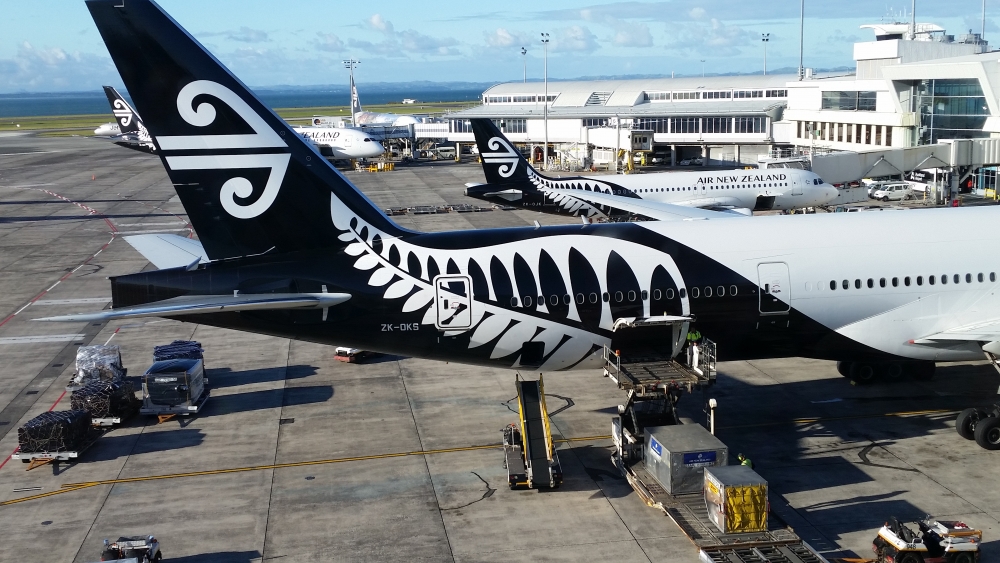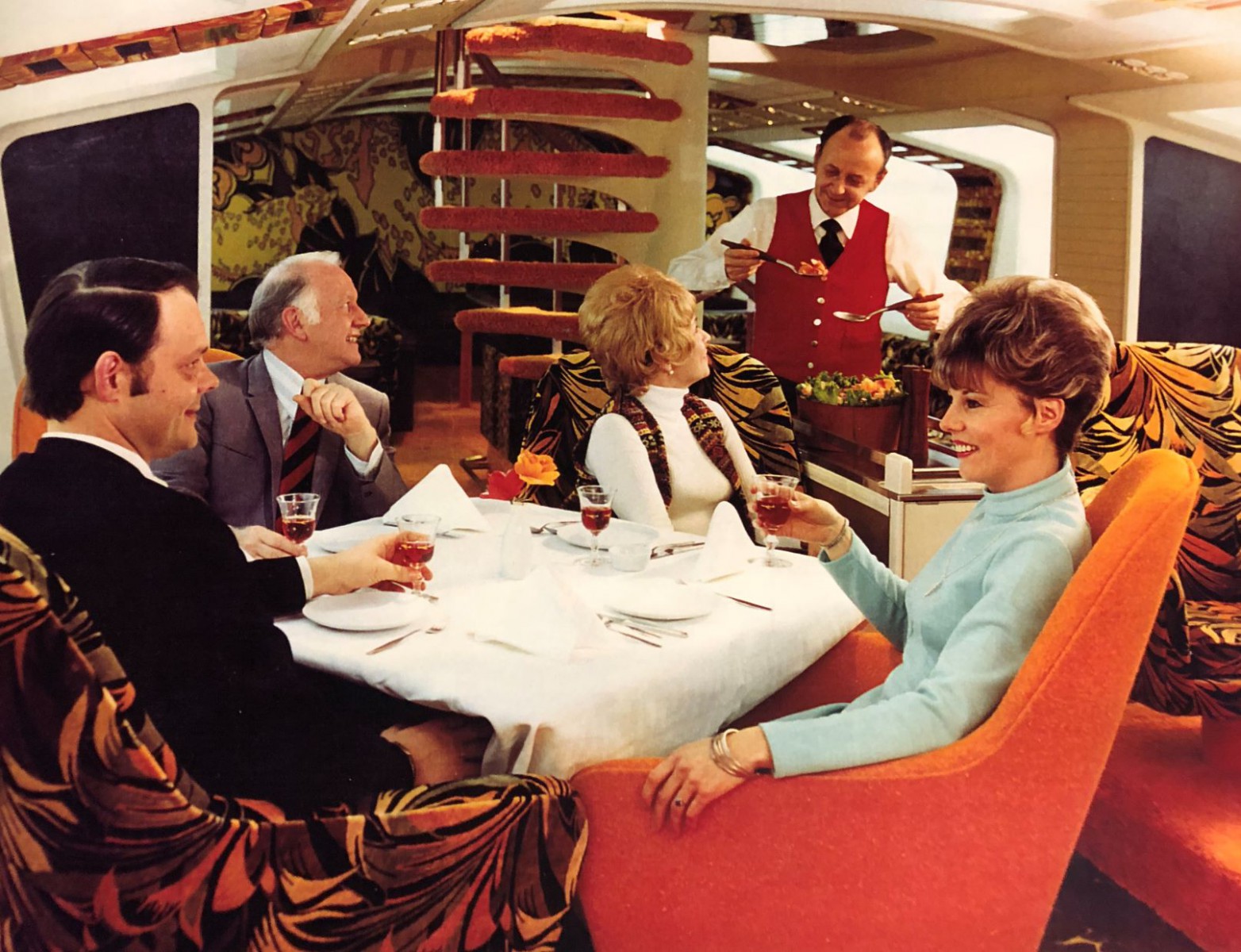Air New Zealand adds Seoul, defers aircraft deliveries
27 March, 2019
5 min read
By joining our newsletter, you agree to our Privacy Policy


Air New Zealand will defer aircraft deliveries worth $NZ750 million and introduce further cost-cutting initiatives as it adjusts to a lower growth environment in the immediate future.
But passengers will see a new service to Seoul later this year, and frequencies to Taipei and Chicago boosted to up to five a week.
There will also progressive introduction of an enhanced Business Premier product on long-haul routes later in 2019 and a more spacious long-haul economy offering from mid-2020.
And the airline will offer free wi-fi on all capable international aircraft immediately
“I want to be clear that although there will be changes to our business, Air New Zealand has always and will always keep the customer at the core of everything we do,’’ chief executive Christopher Luxon said.
“ As such we have some exciting developments in the customer space to announce in the coming weeks and months, and we remain unequivocally committed to creating an exceptional travel experience that is the envy of airlines around the world.”
The changes were announced as part of a business review announced when the Kiwi carrier revised its profit guidance for fiscal 2019 and designed to boost earnings despite lower growth prospects.
READ: Fuel costs see Air New Zealand profit fall 34 percent.
The airline is still planning network growth but says it will now average 3 to 5 percent over the next three years instead of the 5 to 7 percent it originally expected.
Key foci will be ensuring aircraft are directed on profitable routes and ensuring growth stimulates tourism to, from and within New Zealand by tapping into new markets and increasing frequencies on others.
This includes the launch of new direct service from Auckland to Seoul from November 2019, the increased frequency on Auckland-Taipei from the same month and on Auckland-Chicago services from December.
The airline will fly three times a week to Seoul's Incheon airport from November 23 andf up to five times a week during the peak December to mid-February peak holiday period.
The new service will be operated by Boeing 787-9 Dreamliner aircraft with a flight time of around 12 hours northbound and just over 11 hours southbound.
Services to Taipei will increase from three a week to up to to five during the Northern Winter flying season from December while Chicago wil move to up to five services a week over the New Zealand summer peak.
Air New Zealand will also change the timing of Auckland-Hong Kong to free up an aircraft from late October.
Luxon said the airline was putting extra effort into lifting the performance on routes not meeting their potential while directing assets to those performing ahead of expectations.
“Our number one priority is optimizing our network mix to maximize profitable growth,’’ he said.
“Therefore, it is terrific to be able to announce today that we will be increasing frequency into Taipei and Chicago.
“I’m also excited to announce that we will start flying from Auckland to Seoul up to five days a week from late November 2019.”
The airline will also continue to invest in product, starting with an enhanced version of its existing Business Premier seat towards the end of calendar 2019 with the rollout due to be complete by December 2020.
“We have undertaken considerable customer research and testing over the past 12 months to come up with enhancements to the existing award-winning seat as well as a new food, beverage and service offering that reflects the essence of who we are as a nation,’’ Luxon said.
“We are confident our Business Premier customers will love their Air New Zealand experience more than ever.”
Ongoing is an $NZ50m upgrade of nine lounges across the next two years as part of a previously disclosed program.
The aircraft deferrals will see the deliveries of three A321neo aircraft destined for the airline’s domestic network set back by a year and an A320neo earmarked for trans -Tasman services delayed by two years.
Capital expenditure in the 2020-2023 financial years will be decreased by deferring by at least four years the delivery of two long-haul aircraft as part of a fleet replacement program to replace the airline’s B777-200 fleet.
However, the airline plans no change for the delivery date of its 14th Boeing 787-9 Dreamliner, which will be leased from October 2019.
A two-year cost reduction program designed to deliver more than $NZ60 million annually will benefit from the end of disruptions due to Rolls-Royce engine problems as well as reduction of about 5 percent in overheads.
This will be in addition to an annual cost saving of $NZ50m a year that has enabled Air New Zealand to largely offset inflation over the past three years.
“Our confidence in Air New Zealand’s long-term strategy, customer proposition and financial performance remains strong,’’ Luxon said.
“The steps we are taking today will provide a strong foundation for future earnings growth."
Get the latest news and updates straight to your inbox
No spam, no hassle, no fuss, just airline news direct to you.
By joining our newsletter, you agree to our Privacy Policy
Find us on social media
Comments
No comments yet, be the first to write one.

